Advocacy Days: What to Say?
What would you say to legislative staff if you could sit across a table for 20 minutes?
As with any good conversation, we try to begin with a shared value. We might comment on a poster or photo of the Senator or Representative in a notable place near our home, or we may have researched something near and dear to their heart.
From that ice-breaking, we thank leadership for ongoing support of Farm Bill provisions that have conserved millions of acres of productive agricultural land, and for building workforce capacity for federal programs, especially district lands and realty.
We share relatable stories that illustrate what that funding means for local communities, and for local individuals of all walks and talks. We let them know that the funding or policy makes a real difference and changes lives and communities forever.
Then, the timely business at hand. Appropriations, and bills in the mix to be supported with a sign-on, or to keep watch for. Coached by Land Trust Alliance for a collective voice we specifically asked for:
Socializing a need for clearly clarifying tax law for conservation easement donations
Passage of the 2023 Farm Bill before the end of this congressional session
State-directed funding for conservation, restoration and acquisition in perpetuity
Design dedicated, federal-funded easement program supporting forested lands
Be cautious of siting proposed tech. data centers on agricultural land, already converting at the rate of 3 acres per minute
From April 16 to 18th, these are the conversations we engaged in with legislative staff and elected representatives. With support from Land Trust Alliance and community donors, Executive Director Perrine was among seven land trust leaders in the California delegation during Advocacy week. The delegation attended briefings and receptions, gathering with Senators and Representatives, then followed up in meetings with staffers for clarifications about planning tools, conservation easement program funding, and sharing 30 x 30 project endeavors in their local district. They finished the week in small group agency meetings to discuss funding and capacity needs, and stories of conservation successes.
Advocacy is one of the more important “other duties as required” roles of conservation non-profit leaders. When staffers hear from local community leaders and learn of stories of programs that benefit their constituents and maintain community values, they get a service like “phone a friend” for questions. In a given year, the learning curve may be about the Farm Bill’s competing provisions, or understanding easement benefits in perpetuity, or why an easement (landowner continues management) may be preferred to fee title (land-trust ownership) to fulfil the programs funded by federal dollars related to climate-smart agriculture or priority population benefits.
In summary, we say a lot during Advocacy Days, and we do so on behalf of the community we serve, communicating values of conserving and maintaining working land and wild spaces forever.
